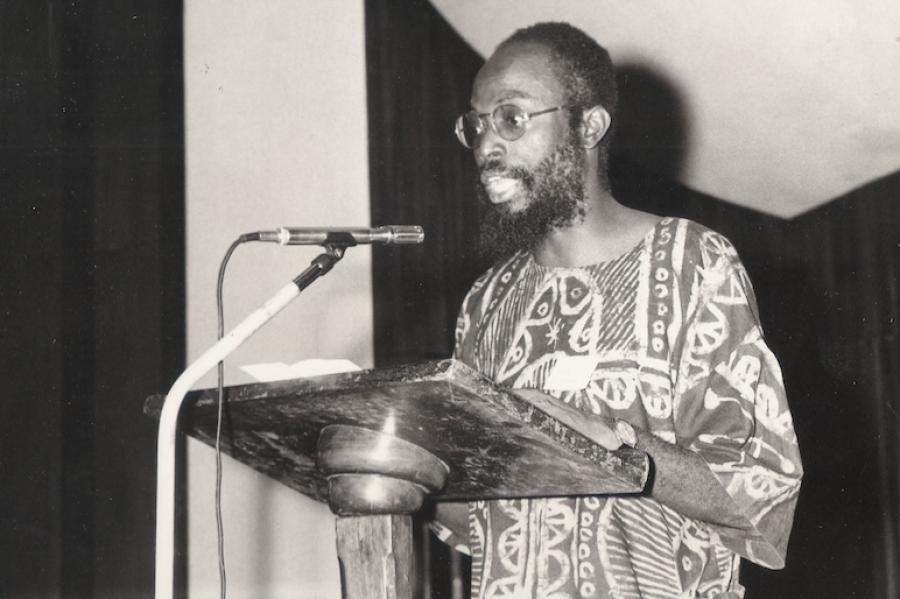
Literary critic Biodun Jeyifo dies at 80
Biodun “BJ” Jeyifo, a leading literary critic and cultural theorist known for his analysis of modernity and its attendant social and cultural crises, died Feb. 11 in Lagos, Nigeria. He was 80.
 Department Homepage
Department Homepage
 Department Homepage
The College of Arts & Sciences
Department Homepage
The College of Arts & Sciences
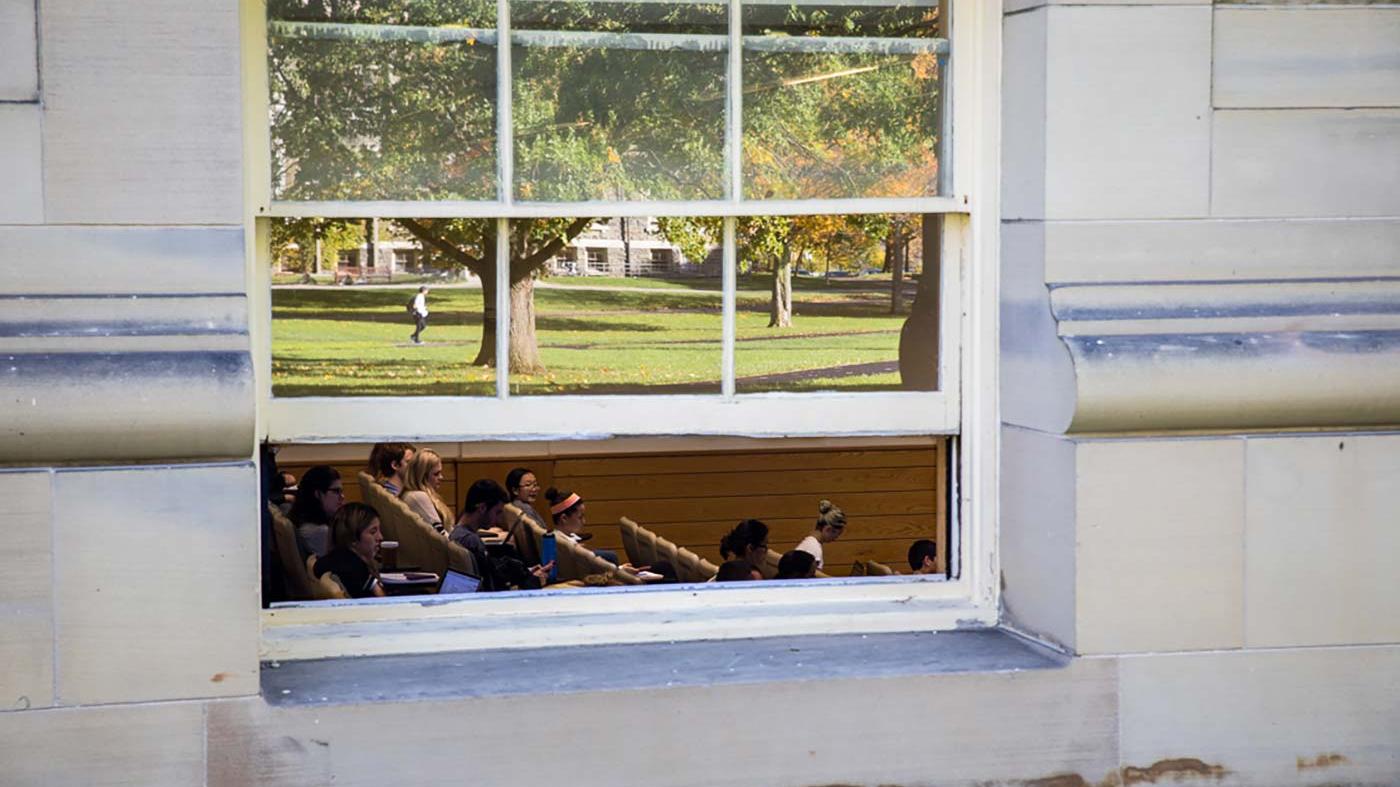
Welcome! Literatures in English as a department teaches students how to read and write about literary cultures. Supported by excellent libraries and in connection with a number of interdisciplinary programs at Cornell, Literatures in English invites students and scholars to engage in conversations about global cultures as they develop skills for the future.
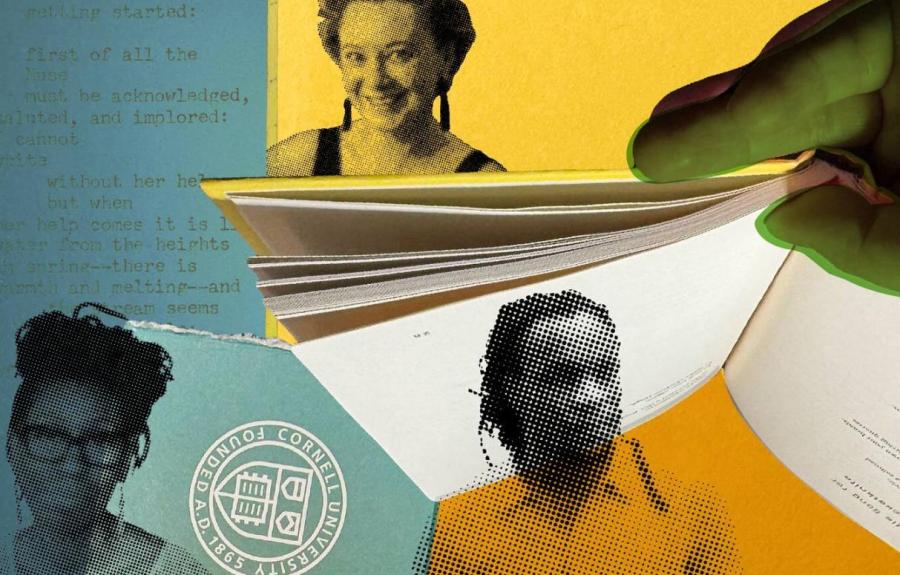
Cornell’s influence on the art and academic discipline of poetry has been deep throughout the university’s history and continues on campus today, where scholars and poets discuss and refine this art form in graduate seminars, gather for open mic nights and study the craft of creating beautiful and meaningful work in undergraduate classrooms.
Discover Cornell poets and the experiences that have shaped them.

Biodun “BJ” Jeyifo, a leading literary critic and cultural theorist known for his analysis of modernity and its attendant social and cultural crises, died Feb. 11 in Lagos, Nigeria. He was 80.

Masi Asare of Northwestern University and arts journalist Billy McEntee have been named winners of the 2024-25 George Jean Nathan Award for Dramatic Criticism.

Scholar of law Philippe Sands will give the LaFeber-Silbey Lecture in History on March 5, considering "Lessons from History and Literature, from Nuremberg to Pinochet and Beyond.”

Registration is now open for the two sessions of weeklong offerings, with the option to stay in a newly renovated Balch Hall
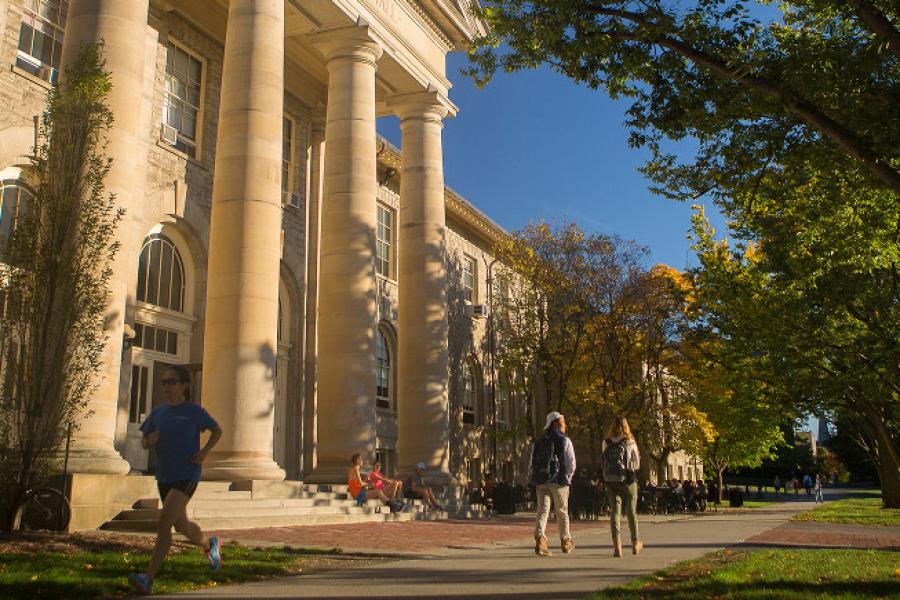
New York Times columnist Bret Stephens, New York Times White House correspondent Zolan Kanno-Youngs and ProPublica investigative reporter Keri Blakinger ’14 will visit Cornell this spring.

The 12 early-career scholars will pursue research in the sciences, social sciences and humanities.
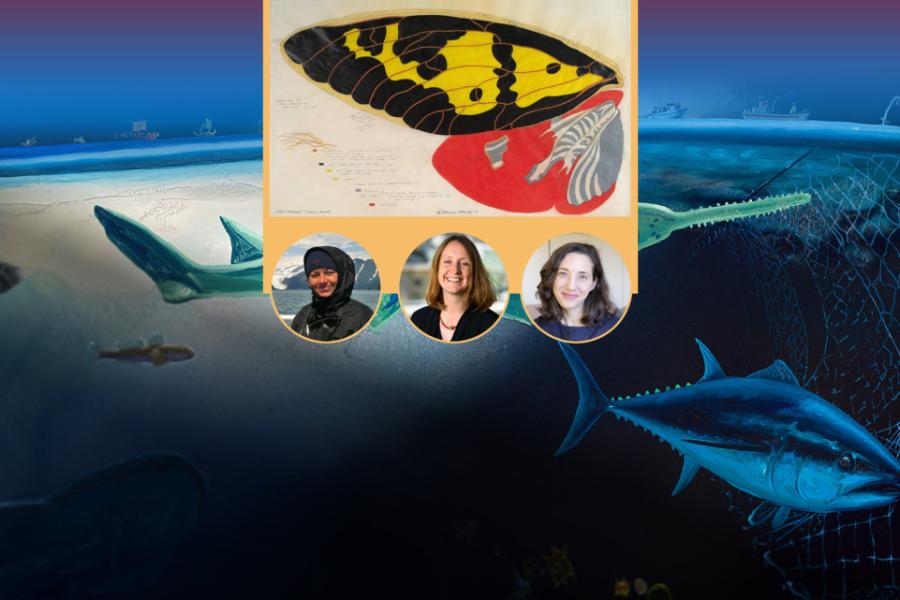
On Jan. 28, the Center for Teaching Innovation and Herbert F. Johnson Museum of Art will co-host “Teaching About Climate Change: Art, Action and Reflection,” a faculty panel, teaching workshop and exhibit tour exploring how instructors can engage the humanities, climate change and community in their teaching.

This month’s featured titles include fiction from A&S alum Thomas Pynchon ’59, an award-winning poetry collection and a study of a small town.
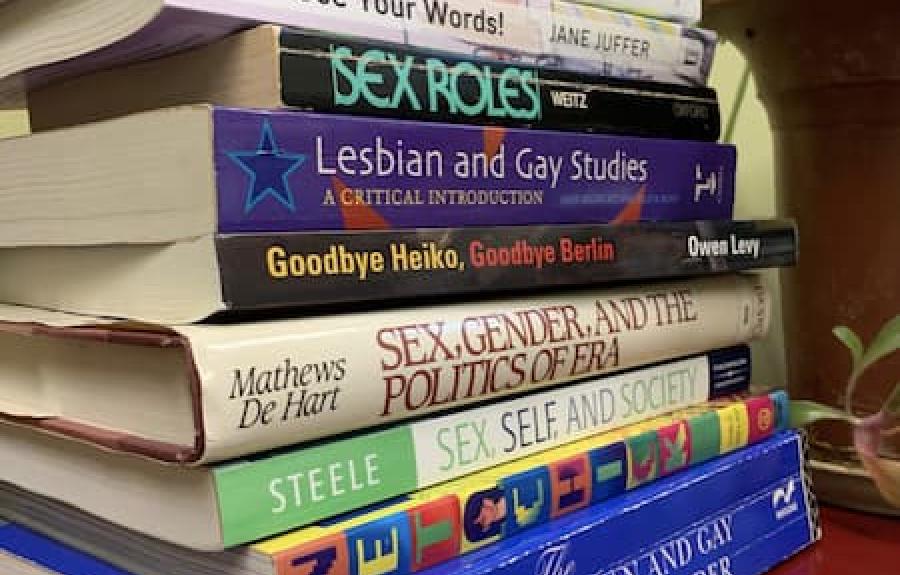
Department faculty continually publish important works of criticism, fiction, poetry, and essays. Visit Literatures in English Faculty: Recent Books to learn more.

Cornell University is located on the traditional homelands of the Gayogo̱hó꞉nǫ' (the Cayuga Nation). The Gayogo̱hó꞉nǫ' are members of the Haudenosaunee Confederacy, an alliance of six sovereign Nations with a historic and contemporary presence on this land. The Confederacy precedes the establishment of Cornell University, New York state, and the United States of America. We acknowledge the painful history of Gayogo̱hó꞉nǫ' dispossession, and honor the ongoing connection of Gayogo̱hó꞉nǫ' people, past and present, to these lands and waters.
This land acknowledgment has been reviewed and approved by the traditional Gayogo̱hó꞉nǫ' leadership.
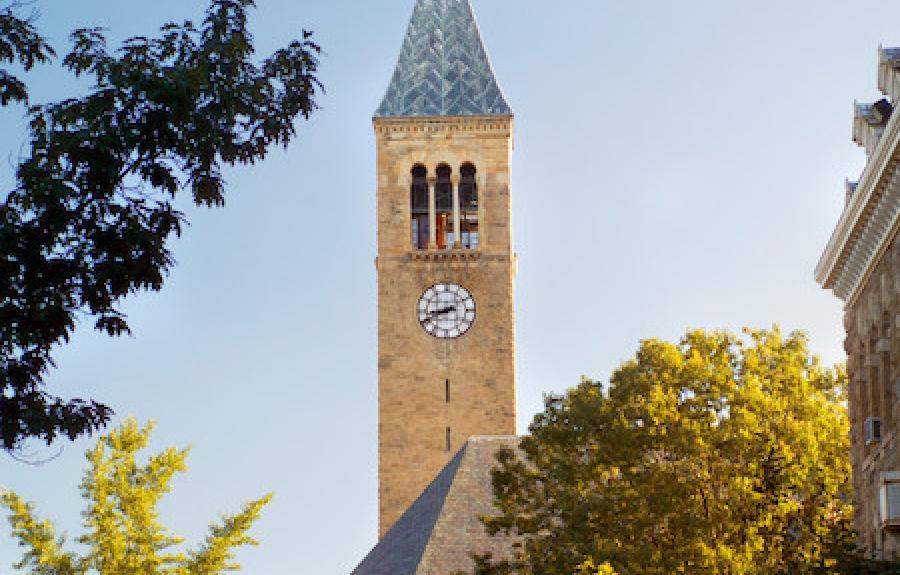
We, the faculty and staff of the Cornell Literatures in English department, pledge to support and do our utmost to protect members of our community who are discriminated against, unjustly treated, or otherwise targeted because of race, religion, gender identification, sexuality, immigration status, ability, and other forms of difference.
Recognizing that words and symbols can be manipulated into violence, we renew our commitment to direct the force of language toward large and small acts of learning, alliance, imagination, and justice.